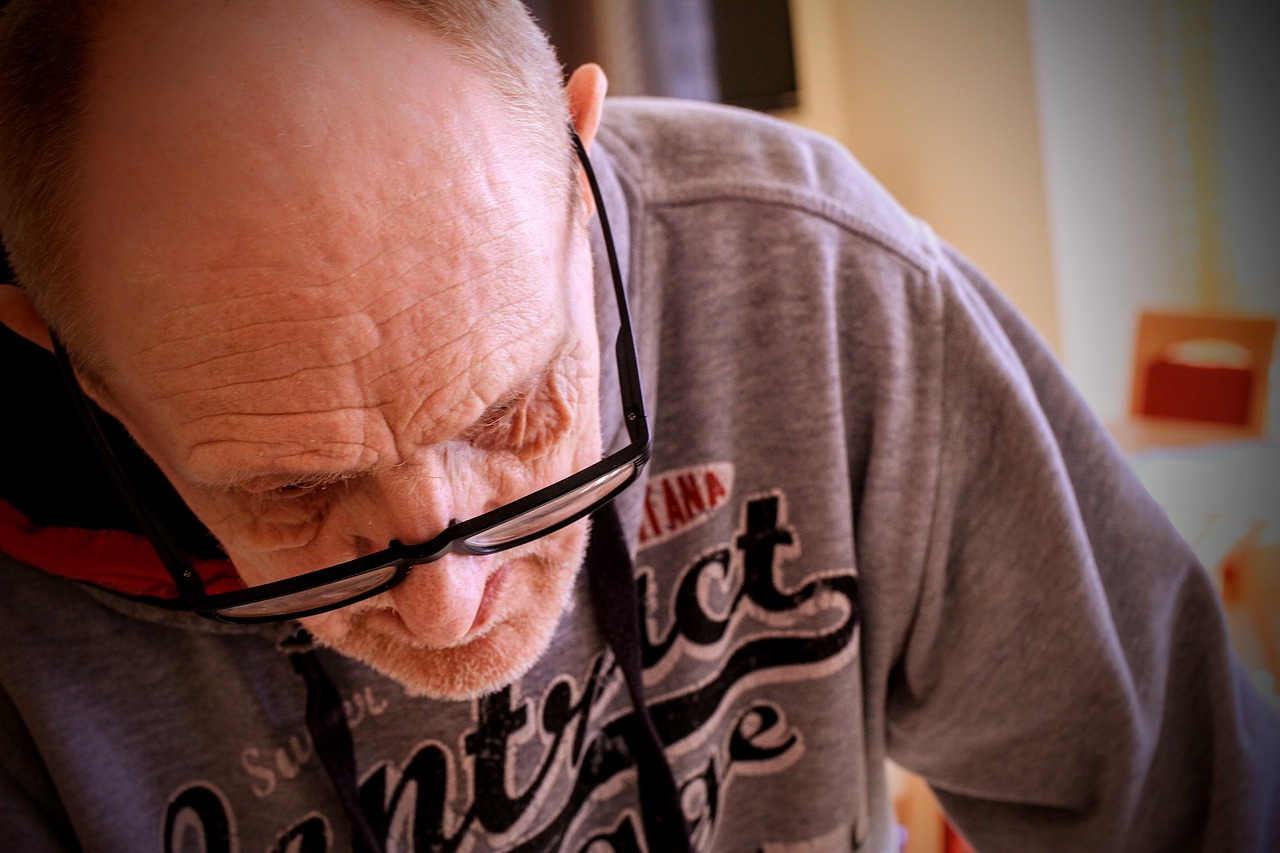

High-Quality Home Care Services
In this guide, we’ll help you understand what you should look for when planning to use a home care and in-home support provider for your basic living needs.
You will find a wide range of care provided by private companies, the care standards delivered by each company are variable, with some providing a better level of care than others. This happens with any type of business, and although the care industry is scrutinised by the Care Inspectorate, you should always do your own research to ensure that the are provider you choose suites you or your family.
This is why you and your family need to research carefully to find the right home help support suited to your exact needs.
The Care Inspectorate is the organisation that is responsible for certifying care companies, so their website will always provide useful guidance.
Below are points you should look at when selecting a care provider.
Any care company you engage should be able to provide a range of basic services like helping with personal hygiene, getting dressed and support with your medication and meals. You should check with each company as some care providers do not provide support with the personal care element and only provide companionship support or housing support i.e. helping with bills etc.


Everybody needs to travel at some point so it is always a good idea to make sure that your care company and the carer in particular provide either driving services or that they can accompany you to shopping, hospital, and daytime activities outside of the home.
It is also important to think about any motorised mobility vehicles you use. The carer must be comfortable in being able to charge the vehicle each night.
t is important to think about the future. Yes you may be 65 or older but that is no reason to think your golden years are behind you, and if you are serious about leading a healthy and happy life, then a great resource is the one from Age UK entitled “10 Tips for Ageing Better”
This is a great page to look at, but let’s look at some of the things you can do for yourself without the need for home help or carers.


Sometimes it is not easy, but smiling is one of the best ways to increase mood-enhancing hormones in the brain. Even if you are having a tough day. Think of a memory of a happy time or an event that made you happy. This naturally brings a smile to our faces. Use this as an exercise and try this 2-3 times per day.
Keeping the mind busy by being active. Doing small activities that engage the brain is a great way to keep the brain active. Something as simple as reading one chapter or a book per day is a great way to stay active.
One of the worst fears for anybody is being lonely but it does not need to be that way. Make sure to call friends and family for a chat, or better still, try and get a family member to help you use a modern phone to do video calls. Talking to people is a great way to lift your mood.
You can help yourself by helping others. If you are physically able then going out into the community and helping others is a good way to keep both mind and body active. You can visit your local church or community centre.
As you get older, your sleeping patterns will change and for some,, it can be difficult to get a good night’s rest. Of course, we have all heard the old-fashioned way of sending ourselves to sleep by counting sheep but that is not the best way.
What works for many people is a “wave machine” or a “sleep video.”
Wave machines are simple machines that simulate the sound of waves gently lapping the shore. Mental health experts say this calming sound soothes us and helps to regulate breathing, which in turn helps relaxation.
You could also try sleep videos on YouTube which all have different sounds. One of our personal favourites is this fire and rain video which has the soothing sound of a warm crackling fire and gentle rain tapping at a window.


The subject of mental health is such a taboo subject and one that many seniors do not want to embrace. Many feel that even talking about this is a sign of weakness, they feel a lack of pride in not being able to deal with certain situations, even to the point of cutting people out of their lives because they feel they are meddling.
No matter what age you are, it doesn’t always go right, does it?
One of the best resources about mental health in seniors is a page we have researched on the website AgeUK
On this page, there are some great tips and also a great video of people like you who sought help and now lead a much happier life.
Don’t wait until it is too late. Make sure to reach out and ask for help.
Meditation can be a powerful tool to help you relax and support a more active and healthy mind.
One of the leaders in this type of tool is Dr Danny Penman from the website Frantic World (franticworld.com) and he has a simple five-step exercise you can do to try out meditation.
- If your condition allows it, sit erect but relaxed in a straight-backed chair with your feet on the floor. If you cannot sit, then lie on a mat or blanket on the floor or your bed. Allow your arms and hands to be as relaxed as possible.
- Gently close your eyes and focus your awareness on the breath as it flows into and out of your body. Feel the sensations the air makes as it flows in through your mouth or nose, down your throat and into your lungs. Feel the expansion and subsiding of your chest and belly as you breathe. Focus your awareness on where the sensations are strongest. Stay in contact with each in-breath and each out-breath. Observe it without trying to alter it in any way or expecting anything special to happen.
- When your mind wanders, gently shepherd it back to the breath. Try not to criticise yourself. Minds wander. It’s what they do. The act of realising that your mind has wandered – and encouraging it to return to focus on the breath – is central to the practice of mindfulness.
- Your mind will eventually become calm – or it may not. If it becomes calm, then this may only be short-lived. Your mind may become filled with thoughts or powerful emotions such as fear, anger, stress,, or love. These may also be fleeting. Whatever happens, simply observe as best you can without reacting to your experience or trying to change anything. Gently return your awareness to the sensations of the breath again and again.
- After a few minutes, or longer if you prefer, gently open your eyes and take in your surroundings.
Content source attribution: ageuk


Of course, if you have been a smoker for many years, it is a very difficult habit to break and one that takes an immense amount of willpower. However, as we get older, our arteries naturally contract and harden, and smoking is one thing that can accelerate that process.
Some of the issues that smoking can cause are:
- Increased blood pressure
- Poor blood circulation
- Aging of the skin leads to skin-based irritations
- Bad breath and gum disease
- Dementia
- Diabetes
- Heart disease
- Macular degeneration (blurred and reduced vision)
- Lung disease, such as chronic obstructive pulmonary disease (COPD)
- Osteoporosis (brittle bone disease)
We understand it is a habit that is hard to break but one that can lengthen your life span if you take action earlier rather than later.
When looking for a care company to provide home help care services, there are some important points to consider.
You need to be comfortable with the company and the person who will be looking after you.
This is why we recommend an initial meeting where you and your family discuss your needs.
What are your needs, wants, and expectations? This should be clearly agreed upon so there are no misunderstandings going forward.


This is something you need to think about clearly, both in terms of the level of support you need and also the budget that you have to pay for your care, whether that be government-funded or privately funded by you and your family.
It is good to make a list of the key things you need help with.
For some people it may be simple home help support in the mornings and evenings to prepare food, take medications, and do some basic household chores like tidying up, hoovering, and doing the dishes, and this might be 2-3 hours per day.
Whilst others may need more care, like getting dressed in the morning and being given help to navigate stairs before having breakfast. They may then need a carer to come in around lunchtime to prepare food, and then another visit in the evening to prepare food, bathe, and help you get ready for bed which could be 5-6 hours per day.
You also have the option of a full-time live-in carer who takes care of you on a full-time basis.
This is a decision that needs to be given proper thought. Some questions we get regularly from our clients, and ones you may wish to ask any care company before engaging their service might be:
Home Help Care FAQs
Q1: How do you ensure carers are compatible with care seekers?
A1: During our initial meeting and care needs assessment we try and establish the kind of person that would be a good match for potential clients. Once we have got to know you a little better, we will then look through our staff list and try and get the best match possible.
Q2: What happens if we don’t like the member of staff you send?
A2: We will try and establish what the issue is. If we feel that a staff member requires some additional support, then we would first speak the client or their family to see if this would mitigate the issue. If we don’t think we can resolve the issue, then we would attempt to find a more suitable carer.
Q3: How do we monitor the work that staff are doing?
A3: We have various methods of assessing the work carried out by staff. We have electronic monitoring so that we can see when staff arrive and leave, so if a staff member for whatever reason does not show up for the visit we can tell immediately. We also carry out regular supervision with staff and 6 monthly care reviews with clients and their families to ensure we get a good level of feedback from both staff and clients. We are also inspected annually by the Care Inspectorate. You can find out more about care inspections here.
Q4: What do I do if I want to complain about the service I or my family are receiving?
A4: 1st Focus Homecare has always had a very transparent approach to complaints. What we hope for is that any concerns are brought to the management’s attention straight away. If we know something isn’t working, then we can put plans in place to ensure everyone is happy going forward. It can be frustrating to hear a client or their family have been unhappy about something but have not let anyone know. A simple concern left unchecked can quickly snowball into a complaint if not brought to our attention. So, please let us know if there is anything you are unhappy with.
Q5: What happens if I go into to hospital, does my care package remain in place?
A5: When you engage the service of 1st Focus Homecare privately, the package will remain open as long as you or your family require it to, so you don’t worry about your package being “closed”, with you being stuck on a hospital ward waiting for a new care package. If your care package is being funded by the local authority, then they will keep the care package open for 7 days. After the 7 days, the care will be cancelled.



There is a wide range of care companies and services to choose from in the region and different companies will provide different services, with some companies specialising in certain areas.
From that point of view, it is always good to undertake research before choosing your home care provider.
In terms of support, we have listed below five of the key organisations that you can contact for support and advice.
If you need further information about any of the above services, feel free to contact us. We are always happy to advise on support services for people who are looking to obtain care support at home in Edinburgh.















